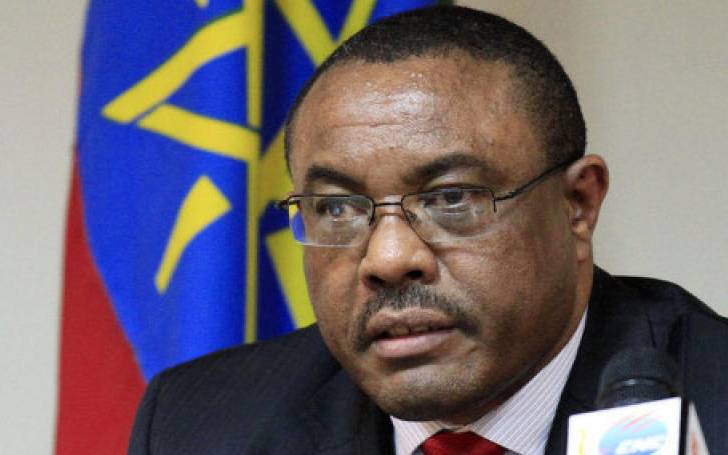×
The Standard e-Paper
Stay Informed, Even Offline

Ethiopia is set to be Kenya’s main economic rival in the next 10 years, a new study has revealed.
This is because Ethiopia has emerged as the third best wealth generating country in the world.